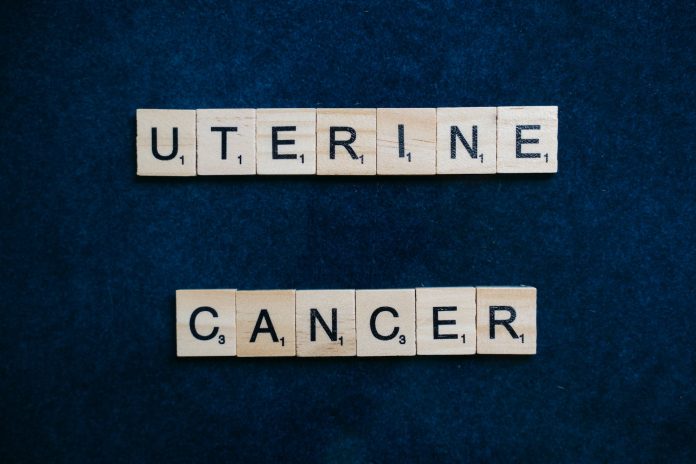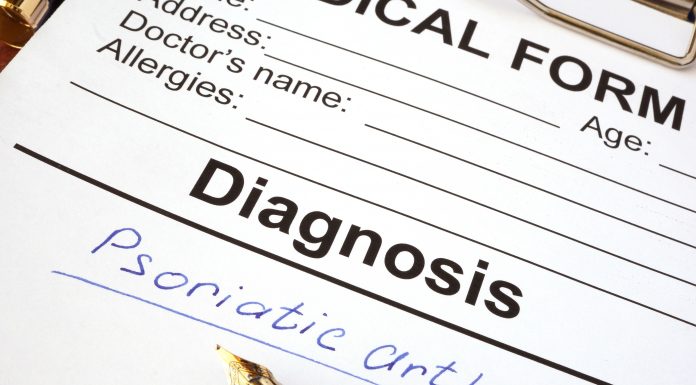Uterine cancer is a serious health concern. It’s important to be aware of the signs and symptoms, such as abnormal bleeding or pelvic pain. Regular checkups and screenings can help with early detection. If you have any concerns, it’s best to consult with a healthcare professional. Stay informed and take care of your health. It’s essential to raise awareness about this condition, its symptoms, and the importance of early detection. By understanding uterine cancer and taking proactive steps, we can empower ourselves to prioritize our health and well-being. Let’s explore more about uterine cancer and how we can stay informed and proactive.
Symptoms
Uterine cancer can present with symptoms like abnormal vaginal bleeding, such as bleeding between periods, after menopause, or excessively heavy periods. Pelvic pain, pain during intercourse, or changes in urination can also be signs. It’s important to pay attention to these symptoms and consult with a healthcare professional if you experience any of them.
Risk factors
Certain factors can increase the risk of developing uterine cancer. Obesity is a significant risk factor, as excess body fat can lead to increased estrogen levels, which can contribute to the development of cancer. Hormonal imbalances, such as polycystic ovary syndrome (PCOS), can also increase the risk. Additionally, having a family history of uterine cancer or certain genetic conditions can raise the risk as well.
Early detection
Regular check-ups and screenings are vital for early detection of uterine cancer. These screenings may include a Pap smear, which can detect abnormal cells in the cervix, and a transvaginal ultrasound, which allows the doctor to examine the uterus and ovaries for any abnormalities. Early detection greatly increases the chances of successful treatment and recovery.
Causes
The exact cause of uterine cancer is not fully understood, but there are certain factors that can increase the risk.
- The primary cause is believed to be changed in the DNA of the cells in the uterus, leading to uncontrolled growth and the formation of tumors. As we mentioned earlier, risk factors such as hormonal imbalances, obesity, and a family history of uterine or colorectal cancer can contribute to the development of uterine cancer. It’s important to remember that having one or more risk factors doesn’t guarantee that someone will develop uterine cancer, but it’s good to be aware of them and take appropriate precautions.
- While it’s important to be aware of potential risks, there is currently no scientific evidence directly linking hair relaxers or other hair products to uterine cancer. However, some studies suggest a possible association between certain chemicals in hair products and an increased risk of other health issues. It’s always a good idea to make informed choices and use hair products that are safe and suitable for your hair type. If you have any concerns, it’s best to consult with a healthcare professional for personalized advice.
- Action to Take: If you believe that you have been harmed or experienced negative effects from using a hair relaxer product, it’s important to consult with a legal professional who specializes in product liability or hair relaxer lawsuit. They can provide guidance on whether you have a valid claim and help you navigate the process of filing a lawsuit, if appropriate. Remember to gather any relevant evidence, such as medical records or product documentation, to support your case. It’s always best to seek legal advice to understand your options and protect your rights.
Treatment options
The treatment options for uterine cancer depend on various factors, including the stage and type of cancer, as well as the individual’s overall health. Surgery is often the primary treatment, which may involve the removal of the uterus and surrounding tissues. Radiation therapy, chemotherapy, and hormone therapy may also be used, either alone or in combination, to target and eliminate cancer cells.
Prevention
While there is no guaranteed way to prevent uterine cancer, there are steps you can take to reduce the risk. Maintaining a healthy weight through a balanced diet and regular exercise can help regulate hormone levels and lower the risk. Managing underlying conditions like PCOS and maintaining regular gynaecological check-ups can also contribute to early detection and prevention.























